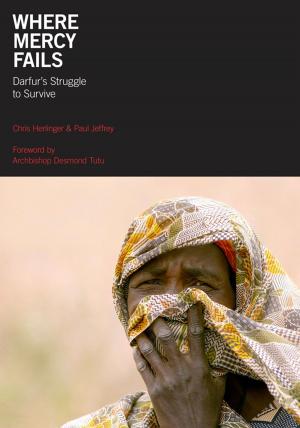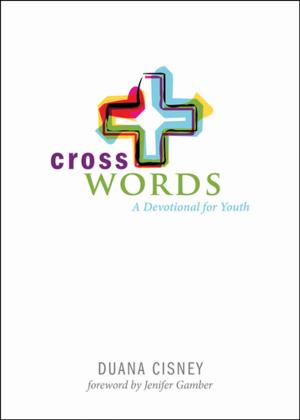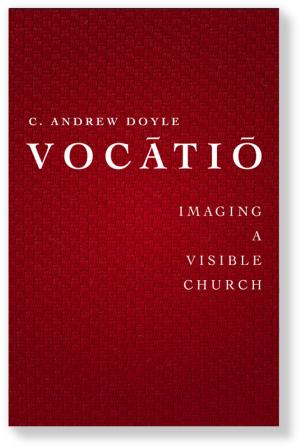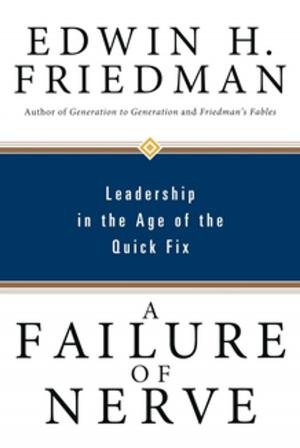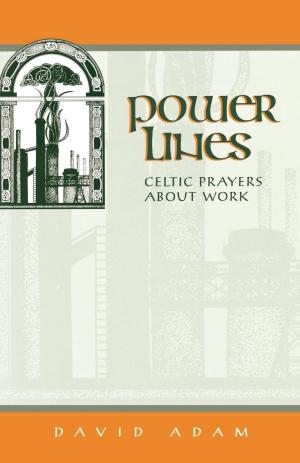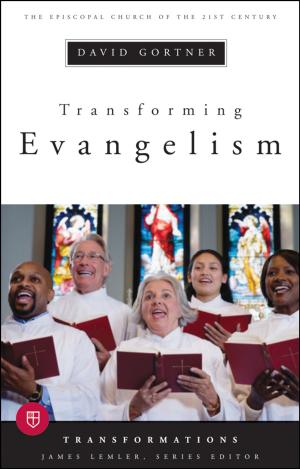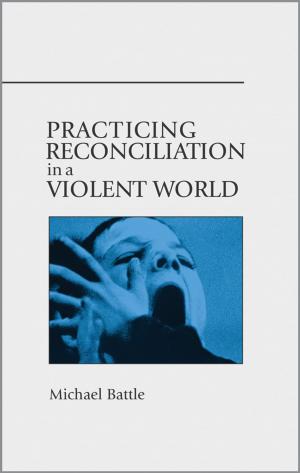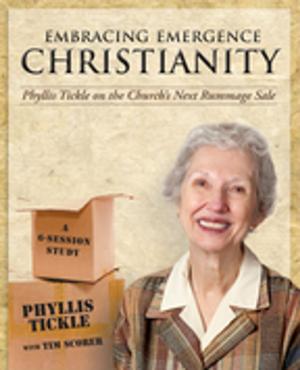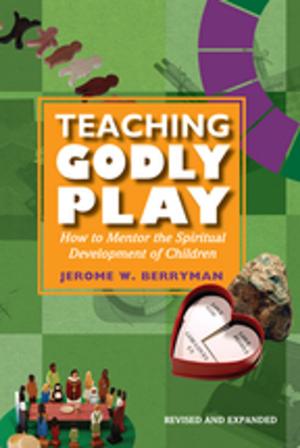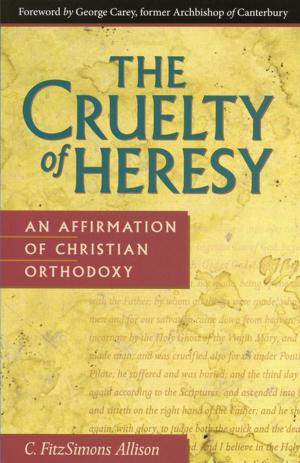Being Single in the Church Today
Insights from History and Personal Stories
Nonfiction, Religion & Spirituality, Christianity, Church, Church Institutions & Organizations| Author: | Philip Wilson | ISBN: | 9780819229731 |
| Publisher: | Church Publishing Inc. | Publication: | November 1, 2005 |
| Imprint: | Morehouse Publishing | Language: | English |
| Author: | Philip Wilson |
| ISBN: | 9780819229731 |
| Publisher: | Church Publishing Inc. |
| Publication: | November 1, 2005 |
| Imprint: | Morehouse Publishing |
| Language: | English |
The model of the nuclear family unit, once the norm, is now only one of many different forms of family. Fifty percent of the population in the US right now is single. In this original and readable book, Philip Watson examines the phenomenon of singleness in contemporary society and its implications for ministry. Wilson traces the history of the church's attitudes towards marriage and sexuality, from the early Church Fathers through the Reformation. In a series of direct interviews he probes how single people today feel within their church communities. His findings reveal that the vast majority of those questioned feel they are something of an embarrassing anomaly in communities that continue to prize marriage. Finally, Wilson begins to develop a framework for a more nuanced approach to the subject of sexuality and relationships, and suggests ways in which the church, as primarily a community of love, can become the best forum in which single life can be discussed, articulated, assisted, and faithfully lived out.
The model of the nuclear family unit, once the norm, is now only one of many different forms of family. Fifty percent of the population in the US right now is single. In this original and readable book, Philip Watson examines the phenomenon of singleness in contemporary society and its implications for ministry. Wilson traces the history of the church's attitudes towards marriage and sexuality, from the early Church Fathers through the Reformation. In a series of direct interviews he probes how single people today feel within their church communities. His findings reveal that the vast majority of those questioned feel they are something of an embarrassing anomaly in communities that continue to prize marriage. Finally, Wilson begins to develop a framework for a more nuanced approach to the subject of sexuality and relationships, and suggests ways in which the church, as primarily a community of love, can become the best forum in which single life can be discussed, articulated, assisted, and faithfully lived out.


